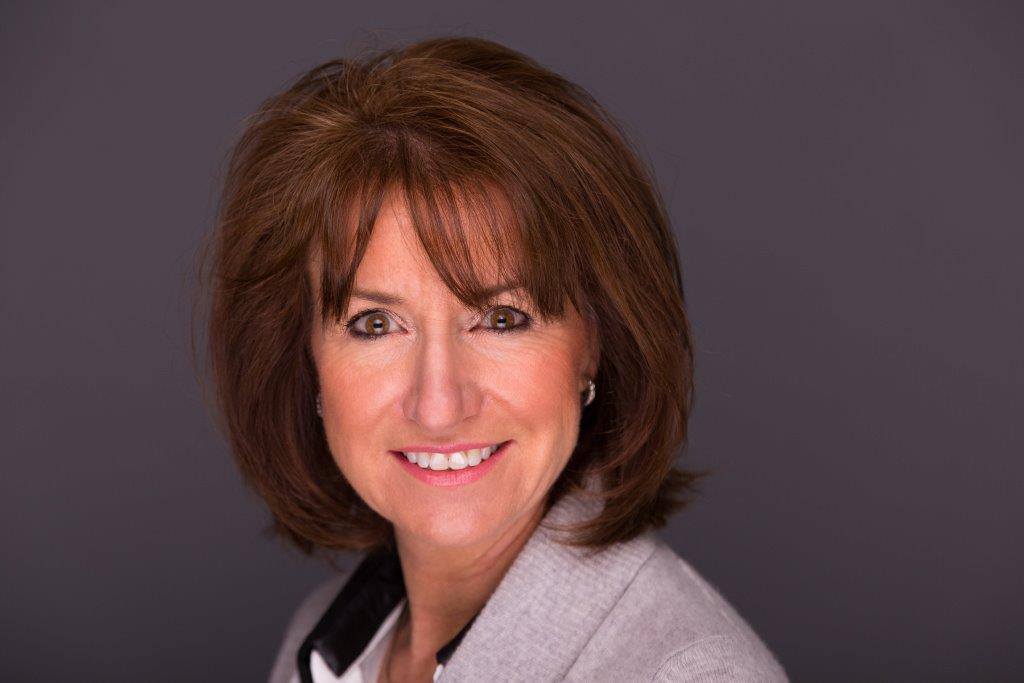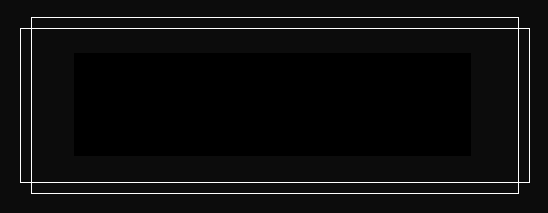 The question I am most often asked is this: have you always wanted to be a writer? Looking back over my life I can see that writing has played a fairly significant role, but I can’t remember having a burning desire to be an author. I have enjoyed writing short stories but would not say I was prolific. I don’t have a back catalogue of work like some writers do. In my twenties, I wrote around 50,000 words of a Mills & Boon novel. I have no idea what happened to that manuscript and sincerely hope it never surfaces. It was probably terrible!
The question I am most often asked is this: have you always wanted to be a writer? Looking back over my life I can see that writing has played a fairly significant role, but I can’t remember having a burning desire to be an author. I have enjoyed writing short stories but would not say I was prolific. I don’t have a back catalogue of work like some writers do. In my twenties, I wrote around 50,000 words of a Mills & Boon novel. I have no idea what happened to that manuscript and sincerely hope it never surfaces. It was probably terrible!
Back in 2007, I had an idea for another book. It would centre around the mystery of an old unposted letter. Who wrote this letter? Who found it? Why was it never posted? And what happened to the person who should have received it but didn’t? I had so many questions and not enough answers. I did have a brilliant title though. It would be called – wait for it – The Letter! All I had to do was expand this idea to 90,000 words. How hard could that be? Hmm … very is the answer to that question. Perhaps that’s why it took six years to see the light of day. In my defence, I was still working fulltime, had two children to look after and writing a book is like filling a swimming pool with a syringe. I could also deliver a masterclass in procrastination.
By 2012 though, I had managed to complete the entire novel and my mum said it was really good, so I banged it out to a few agents and waited for the offers to come flooding in. I didn’t have to wait long. Just a few days later the first rejection letter arrived, and then another … and another, until I had about a dozen of them. It was so difficult not to become disheartened in the face of all that negativity, but I’ve since learnt that agents reject manuscripts for all sorts of reasons and it often has nothing to do with the quality of your work. And anyway, it’s all subjective; F Scott Fitzgerald was once told by an editor: ‘You’d have a decent book if only you’d get rid of that Gatsby character.’
Undeterred, in 2013, I decided to self-publish. I had worked for too long on my novel to just leave it festering in the back of a filing cabinet. With the rise in popularity of e-readers, self-publishing was a realistic and cost effective way forward. Alarmingly, though, there are over 2 million books in the Kindle store alone. How on earth was anybody going to find my book? I didn’t have a publicity machine. I didn’t even have a contraption. I had a Twitter account with four followers, all of whom I was related to. Friends were kind enough to download the book and post positive reviews and a few lovely book bloggers read their free copy and did the same. Fast forward ten months and I’d sold a few hundred copies, and then even this torrent of sales dried up. I made the book free for 5 days on a Kindle countdown deal and during that period nearly 10,000 people downloaded it. As those people read their copy, reviewed it and recommended it to friends, so it began to climb the charts, until, unbelievably, it reached No 1. Being so visible in the charts, The Letter came to the attention of Mari Evans at Headline, who asked one of her editors, Sherise Hobbs, to read it. Fortunately for me, Sherise loved it and Headline agreed to publish it in paperback. It has now been translated into 25 languages and has sold close to 1 million copies. Six years from the initial idea to publication can hardly be described as an overnight success, but I’m truly grateful to everybody at Headline for their support and belief in me as a writer.
